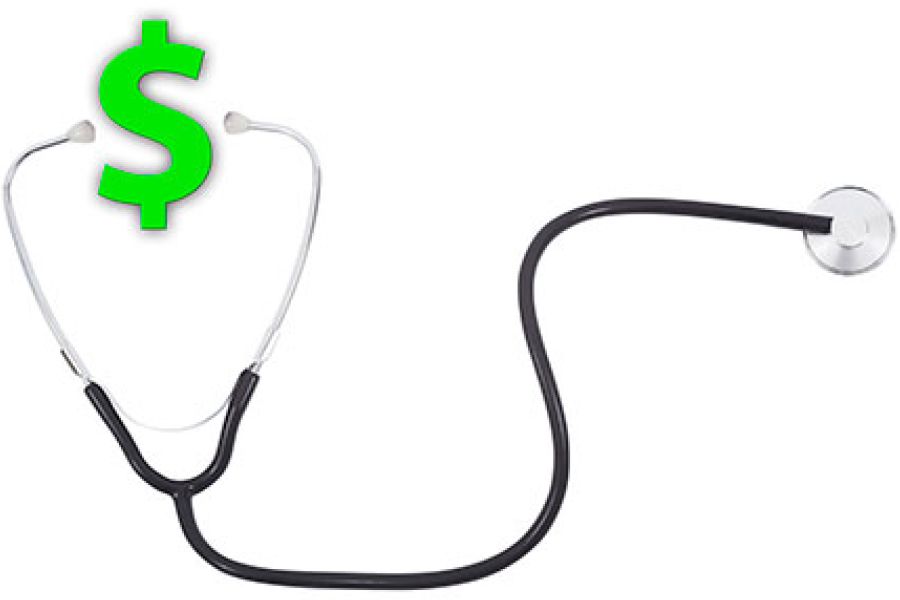Is a Health Savings Account Right for You?

To help defray health care costs, many people now contribute to, or are thinking about setting up, Health Savings Accounts (HSAs). With these accounts, individuals can pay for certain medical expenses on a tax advantaged basis. But, is a Health Savings Account right for you?
Is a Health Savings Account right for you: The basics
With HSAs, you take more responsibility for your health care costs. If you’re covered by a qualified high-deductible health plan, you can contribute pretax income to an employer-sponsored HSA — or make deductible contributions to an HSA you set up yourself.
You own the account, which can bear interest or be invested. It can grow tax-deferred, similar to an IRA. Withdrawals for qualified medical expenses are tax-free, and you can carry over a balance from year to year. So, unlike Flexible Spending Accounts (FSAs), undistributed balances in HSAs aren’t forfeited at year end.
For the 2019 tax year, you can make a tax-deductible HSA contribution of up to:
- $3,500 if you have qualifying self-only coverage, or
- $7,000 if you have qualifying family coverage (anything other than self-only coverage).
- Plus, if you’re age 55 or older as of December 31, the maximum contribution increases by $1,000.
To be eligible to contribute to an HSA, you must have a qualifying high deductible health insurance policy and no other general health coverage. For 2019, a high deductible health plan is defined as one with a deductible of at least:
- $1,350 for self-only coverage, or
- $2,700 for family coverage.
For 2019, qualifying policies must have had out-of-pocket maximums of no more than:
- $6,750 for self-only coverage, or
- $13,500 for family coverage.
Account balances
If you still have an HSA balance after reaching Medicare eligibility age (generally age 65), you can empty the account for any reason without a tax penalty. If you don’t use the withdrawal to cover qualified medical expenses, you’ll owe federal income tax and possibly state income tax. But the 20% tax penalty that generally applies to withdrawals not used for medical expenses won’t apply. There’s no tax penalty on withdrawals made after disability or death.
Alternatively, you can use your HSA balance to pay uninsured medical expenses incurred after reaching Medicare eligibility age. If your HSA still has a balance when you die, your surviving spouse can take over the account tax-free and treat it as his or her own HSA, if he or she is named as the beneficiary. In other cases, the date-of-death HSA balance must generally be included in taxable income on that date by the person who inherits the account.
Deadlines and deductions
If you’re eligible to make an HSA contribution, the deadline is April 15 of the following year (adjusted for weekends and holidays) to open an account and make a tax-deductible contribution for the previous year.
So, if you’re eligible, there’s plenty of time to make a deductible contribution for 2019. The deadline for making 2019 contributions is April 15, 2020.
The write-off for HSA contributions is an “above-the-line” deduction. That means you can claim it even if you don’t itemize.
In addition, an HSA contribution isn’t tied to income. Even wealthy people can make deductible HSA contributions. To do so, they must have qualifying high deductible health insurance coverage and meet the other requirements.
Tax-smart opportunity
HSAs can provide a smart tax-saving opportunity for individuals with qualifying high deductible health plans.
(This is Blog Post #582)


